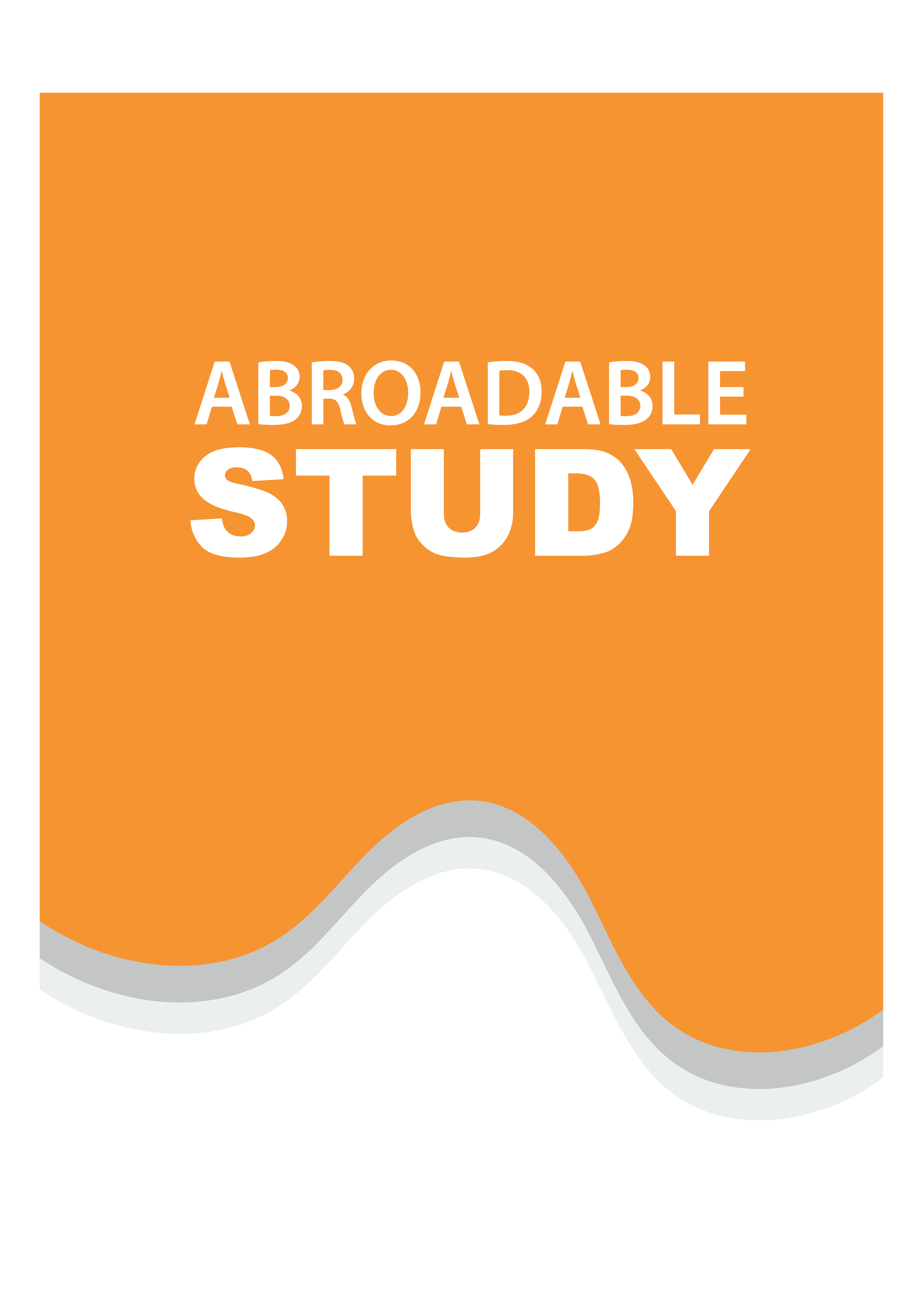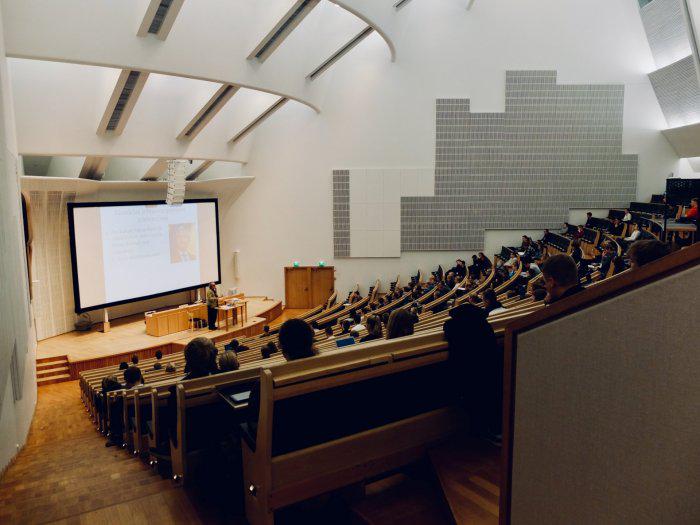Back in 2019, the Office for Students (OfS) launched their Value for Money Strategy 2019 - 2021. This shifted the focus even further towards protecting student’s consumer rights, improving teaching quality and ensuring positive outcomes. The premise being that in exchange for their effort, time and fees, students will receive ‘value for money’ during their time at university.
The tripling of tuition fees a decade ago undoubtedly changed the higher education landscape, shifting the balance of power further towards students as customers, or latterly, as explained by Tomlinson (2017), ‘consumers’.<br><br>
The last year has been a difficult time for business schools, and despite many academics working tirelessly to replicate on-campus experiences in a blended or fully online learning environment, many students have been demanding fee discounts or refunds because the experience was perceived to be not what they paid for. This has been exacerbated for business schools by the fact that they tend to have limited numbers of practical courses, and hence have been amongst the first to move online and the last to return to campus.
Research aimed at identifying what students perceive to be ‘value for money’ has seen a high degree of uniformity in its responses. The latest OfS research suggested that teaching quality and access to resources were key priorities, whilst the annual HEPI student academic experience survey found that students who were unhappy with their academic experience are more likely to feel they did not receive value for money. Whilst a useful starting point, the methodology in both surveys is somewhat flawed, in that both took predetermined answers and asked students to select the most relevant. What this meant was that it was difficult to delve deeper into the reasons why students selected specific responses and to gain a deeper understanding of the holistic value of their experience.
What if we stopped talking about money? What if we asked about value?
In early 2021, we conducted research with final year students at two post-92 universities. Rather than asking directly about value for money, we simply asked what they valued most about their time in higher education. Given we were in the midst of a nationwide lockdown, we expected some interesting responses, yet only a small minority referred to teaching quality or learning resources. Instead, their answers focused upon life experiences, relationships and personal growth.
Transformative Experiences
Many of the students responded with examples of extra-curricular experiences, such as placements, field trips, international travel and student societies. For some, this was transformational, and they recognised that these experiences were unique opportunities provided by higher education. One student stated “The chance to explore and see the world. I had never been anywhere much and now I want to explore the world. I wouldn’t have done that without university.” Similarly, another student shared “Landing in Milan and thinking I would never do this without [university]”.
As academics, knowing that we can provide experiences that have a significant impact on the lives of our students is very rewarding and this can reach beyond an individual, “I am the first in my family to go to university and everyone is dead proud of me”.
Empowering Relationships and Belonging
University brings students together from across the world, and this was highlighted by many participants, as was the importance of building good relationships with lecturers and other university staff. Overwhelmingly the networks and friendships developed were the most frequently referred to in the responses.
One student recalled a memory “being with my friends in the library till 4am studying for an exam and drinking plenty of coffee. Lots of hard work but fun doing it with friends. Miss these uni moments the most and wish I still had time to repeat them all.” Some students shared how friendships were sustained “Joining a sports team has definitely been the highlight. I spent at least 3 days a week with my friends from the team so I really never felt lonely at uni and we’ve made some great memories” and “Almost any night at the SU bar”.
It would be difficult to measure the value of these relationships in monetary terms, or indeed in graduate outcomes.
Personal Development and Growth
As many students choose to relocate for university, often away from the parental home and existing networks, it can provide the opportunity to develop new life skills. This was recognised in a number of responses. One stated “getting away from where I grew up. I can be someone different here.” Another offers advice to other students “Being independent and living alone. For a lot of people this will be the first time and maybe even only time you live alone. So really and seriously, soak it all in”. Students also shared the value they gained in terms of their own personal growth: “The best thing is getting away from school and I feel as though I am an adult now” and “I've matured so much”.
We are not suggesting that students do not consider the monetary value of their studies, particularly given the debt many are laden with upon graduation. However, when the subject of money is removed from the question, students reflect more holistically about their experience.
The significance for business schools is clear; whilst the OfS and HEPI surveys are a valuable starting point, they should not be the end point when looking at the student’s overall experience. Whilst measuring intangible benefits such as those described here cannot be linked to fiscal inputs and outputs, they remain of key importance when we attempt to define and improve what we understand by the term ‘value for money’.
Dr Leanne de Main is Associate Dean of Leicester Castle Business School, De Montfort University. Dr Peter Wolstencroft is Subject Leader at Liverpool Business School, Liverpool, John Moores University.
Asia Pacific University of Technology and Innovation, Malaysia offers dual award degree programme in conjunction with De Montfort University, UK. Contact.

